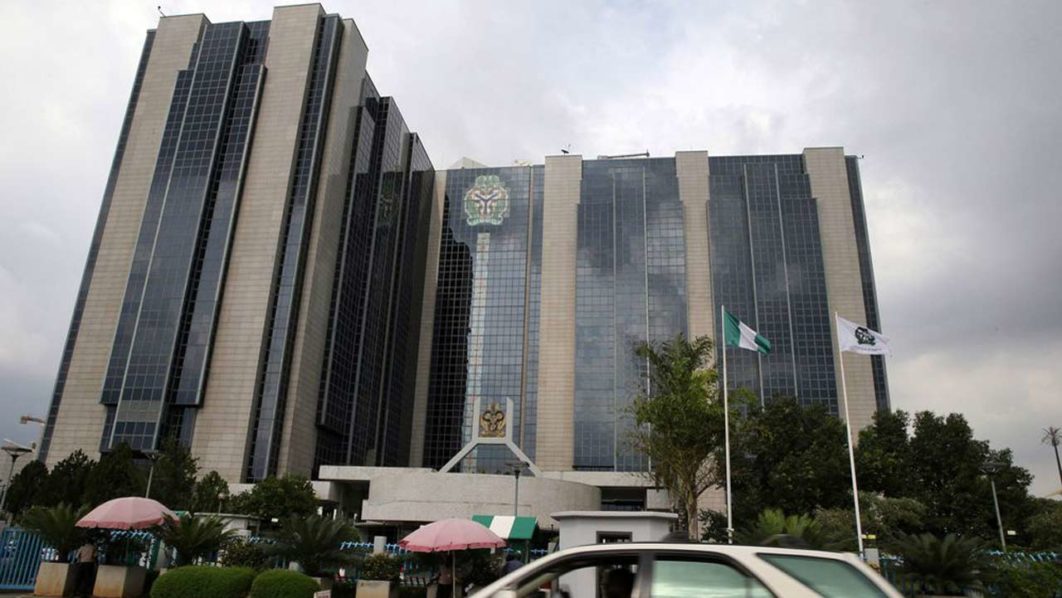Experts canvass synergy of fiscal and monetary interventions

Experts have appraised the effectiveness of fiscal and monetary policies of the Ministry of Finance, Budget and Planning (MFBP), and the Central Bank of Nigeria (CBN), in tackling the country’s economic challenges and found them to be inadequate due to lack of coordination between the two.
While the Finance Ministry appears to be focused only with borrowing from all possible quarters and increasing tariffs to raise more revenue for the government, the CBN is preoccupied with shielding the Naira from unnecessary pressure through rampant importation of items that could have been produced locally, thereby depleting the foreign reserves and spiking exchange rate.
Prof Segun Ajibola, a former President, Chartered Institute of Bankers of Nigeria (CIBN), and Professor of Economics, Babcock University, “The monetary authority has well-stated policy focus and strategy to achieve it.”
However, he argued that one of the dilemmas of Nigeria is fiscal indiscipline, through the actions of the political gladiators.He noted that while the CBN is currently trying to grow the economy through expansionary policies targeted at increasing capital flows (or credit) to the real sector, the fiscal authorities, on the other hand, are raising taxes on many items that affect their activities, which the CBN is trying to expand.He identified two areas of monetary management in an economy, which include: the institutional approach or monetary policy as anchored by the CBN and all financial institutions (especially the deposit money banks); and the fiscal policy approach.
The fiscal approach is anchored by the Federal Government whose role is mainly to moderate the excesses of other operators in the economy, and provide law and order and enabling operating environment.
But given the fiscal loopholes, Ajibola noted that all eyes are often on the CBN to provide leadership through monetary management, because it is expected to do this in a professional manner unlike the fiscal management that is often tainted by political considerations. He said: “Most times, the efficacy of the monetary policies of CBN is weakened by fiscal interjections.
“Fiscal policies are meant to moderate the imperfections in the market-determined policies as represented in most cases by monetary policies.
“Unfortunately, fiscal policies have displaced other policies and become the most important tool of monetary management in Nigeria.
“The reverse should be the case, as monetary policies should be in the lead. Then we can see a much better direction in the running of the economy.”
Ajibola noted that while the role and impact of monetary authorities in determining the direction of the economy have been recognised over the ages, the role of fiscal policies came to limelight after the Great Depression of the UK in the 1930s.
Consequently, all eyes are often on the Central Bank to provide leadership in monetary management.
For instance, from time to time, the Federal Government comes up with its fiscal policies based on national economic philosophy and objectives, to aid or readjust the economy.
CBN then makes monetary policies to ensure availability of money at the right cost, adequate volume and appropriate type to facilitate the cost effectiveness of production and trade.
Consequently, the duty of money is to service the economy. But in recent times, service has become the dominant factor hence, exaggerating the relevance of CBN in Nigeria.
However, this aberration is an unusual norm, as the monetary authority makes incursion repeatedly into the economic policy territory hitherto exclusively reserved for the fiscal authority in Nigeria.
This has then made the CBN a punching bag for every frustration in the economy in regards to monetary and fiscal balancing of macroeconomic issues.
Experts believe the CBN has been in full and positive engagement with its monetary duties over the last 12 months, from cutting the monetary policy rate (MPR) to 12.5 per cent to the regular mopping up of excess liquidity, and the recent upward review of the cash reserve requirement to 27.5 per cent.
As such, the apex bank has strived to ensure price stability and containing inflation, while also pegging the loan-to-deposit ratio at 65 percent, to enable which deposit money banks to on-lend to the real sector to reignite the economy.
While the three critical rates – exchange rate, inflation rate, and interest rate, must be managed in a manner to avoid public outcry, the CBN, which is saddled with this responsibility can only do this when the equation is balanced with effective fiscal support, especially if it doesn’t have to worry about the importation of what can be conveniently produced locally.
But for its fiscal interventions, the scarce foreign exchange would have gone into massive importation of rice and other food items were significantly reduced through the Anchor Borrowers’ Programme, in addition to the banning various items from accessing the forex market.
In the long run, it is only a reorientation that will place emphasis on production over consumption or substance over style that will save the economy.
Ajibola also stressed the need for the CBN to follow up on compliance with all participants in the forex market, to reduce the attractions offered by speculation, round tripping, and other abuses.
Furthermore, he said the CBN needs to be in the vanguard for faithful implementation of policy incentives for export promotion, import substitution and protection of infant industries, which implementation has been less than satisfactory.
“If well implemented, it will increase foreign exchange inflows and guide against unnecessary outflows cum leakages. Sanctions should be imposed where necessary.
“Naira’s strength is tied unduly to the happenings in the global oil market, pre or post Covid-19. If the crude price and volumes are favourable to Nigeria, it will reflect positively on the foreign exchange reserves and the Naira exchange rate. That is the reality into the immediate future,” he added.
The Vice Chairman, Highcap Securities Limited, Imafidon Adonri, agreed that the implementation of fiscal policies is very weak and laden with the worst form of corruption, which has made Nigerians to lose faith in the fiscal authorities, and continue to question their competence, sincerity in managing economic issues without political interference.
Culled from t.guardian.ng





